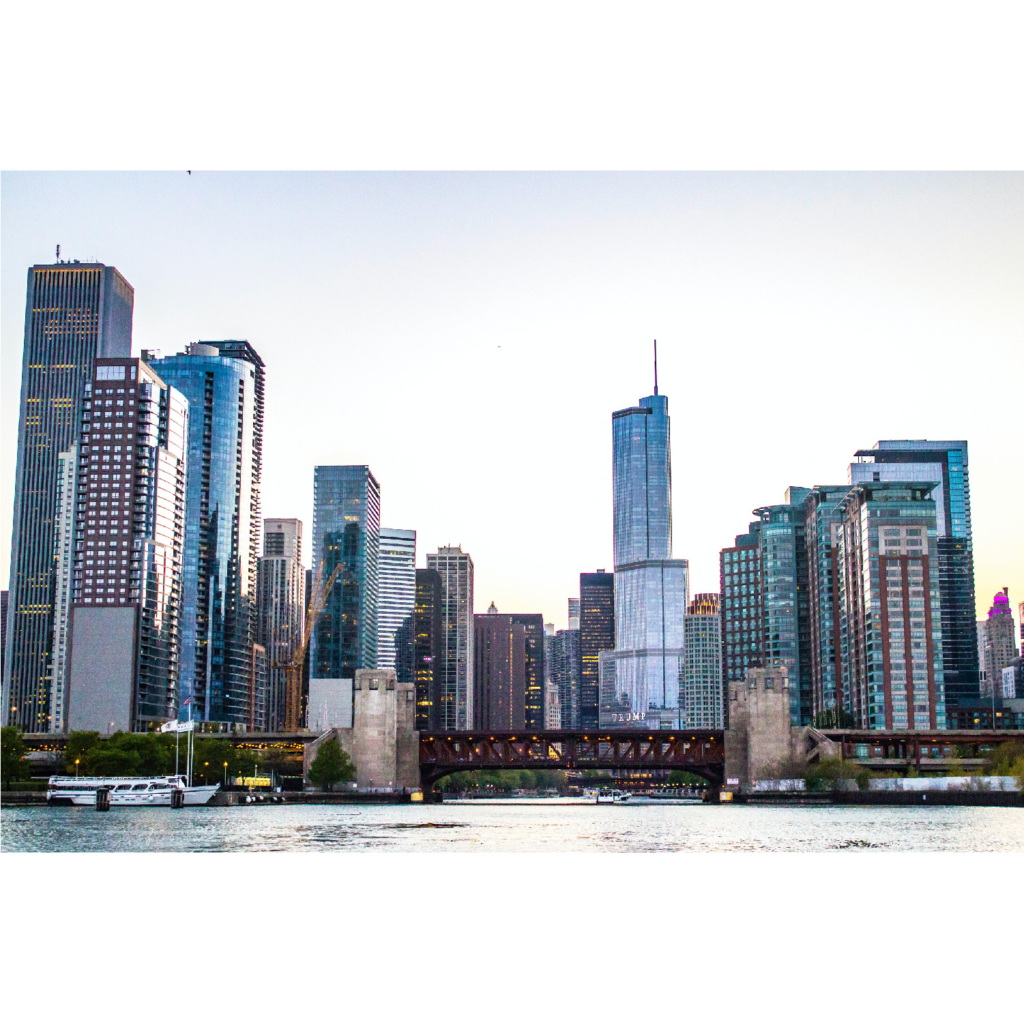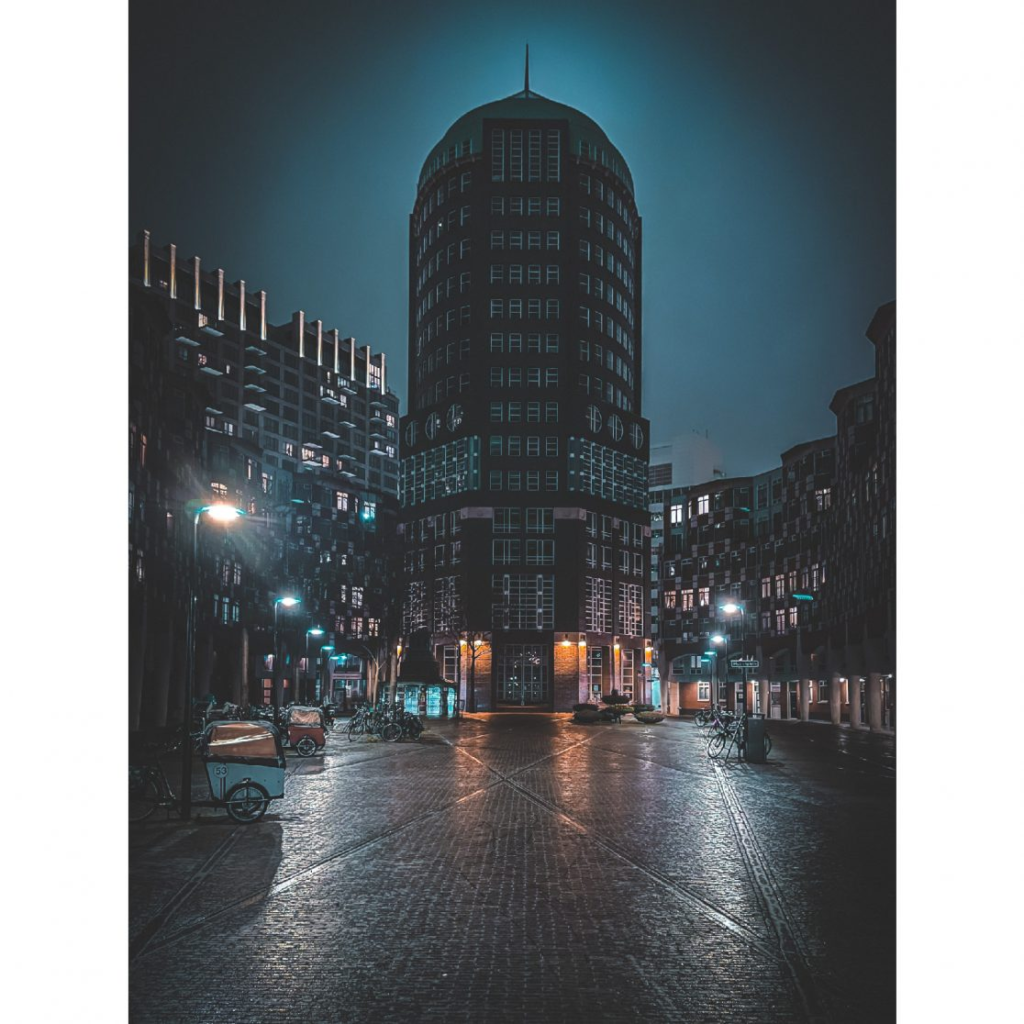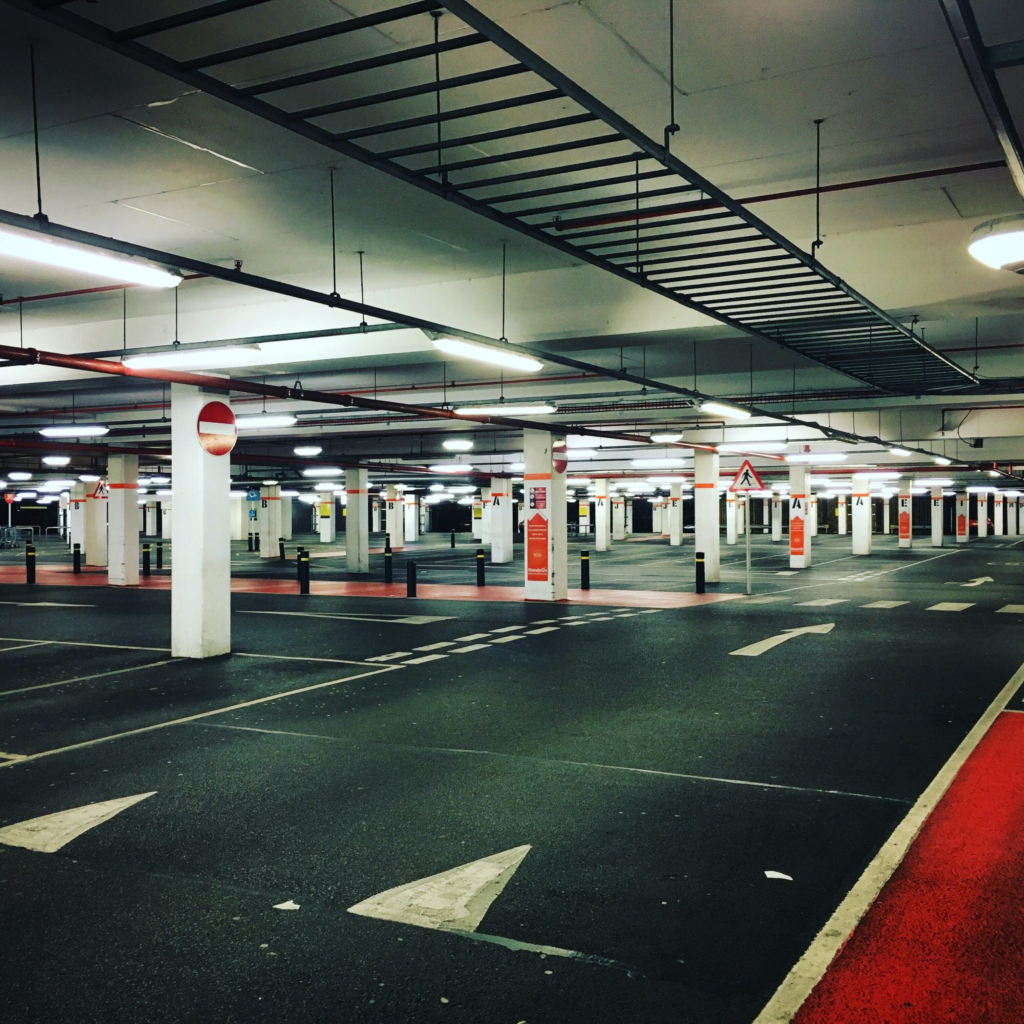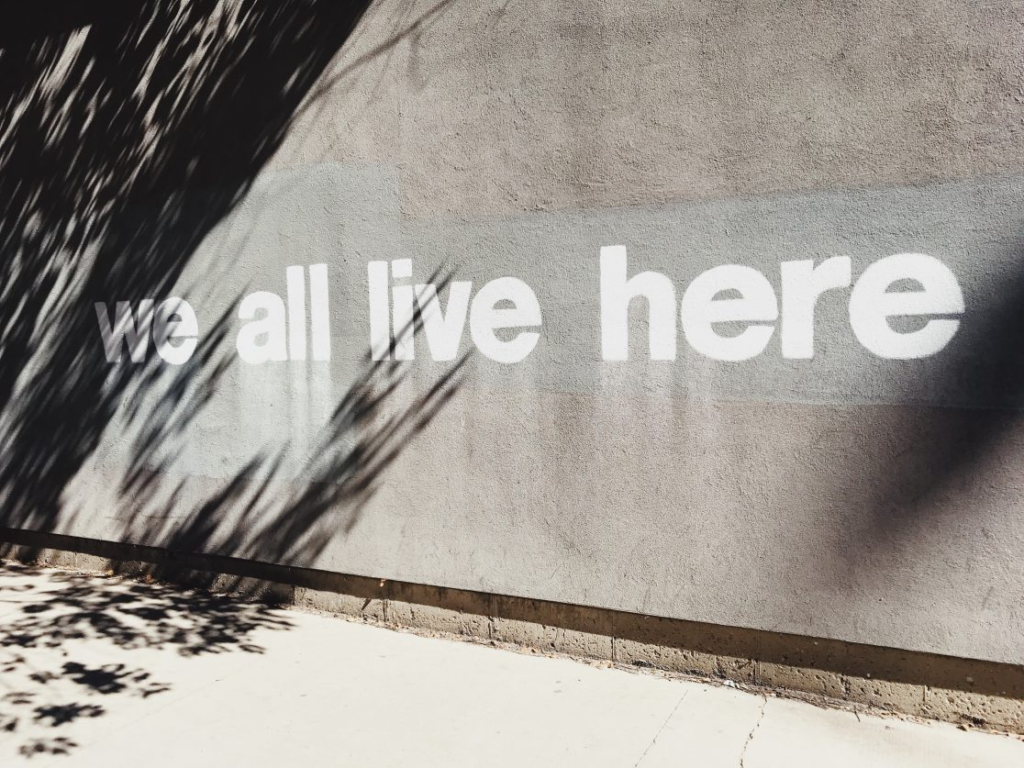Notice:
This event occurs in the past.
Towards a Feminist Post-Covid City with Leslie Kern
Tuesday, February 23, 2021 from 6:30 pm to 6:30 pm
- Tbd event

Free
The Leslie Kern Lecture launches Ottawa Architecture Week.
Author and academic Leslie Kern will give an online public talk, titled Towards a Feminist Post-COVID City, on Tuesday, February 23, at 6:30 p.m. ET. Everyone is invited.
It is the third event in the Azrieli School of Architecture & Urbanism’s 2021 Forum Lecture Series.
Leslie Kern will discuss how the pandemic has highlighted long-standing inequalities in the design, use, and inclusivity of urban spaces.
“As we grapple with the radical changes to our use of public space, the workplace, and the home, feminist insights challenge us to rethink the binaries and boundaries around which we’ve shaped our cities,” she writes.
This talk will share some of the core principles behind a feminist urban vision to inform a wider vision of justice, equity, and sustainability.



ABOUT
Leslie Kern holds a PhD in Women’s Studies from York University. She is currently an associate professor of Geography and Environment and director of Women’s and Gender Studies at Mount Allison University in Sackville, NB.
Kern is the author of two books on gender and cities, including Feminist City: Claiming Space in a Man-Made World (Verso).
The book discusses not only how our cities have failed in terms of fear, motherhood, friendship, activism, and the joy and perils of being alone, but also imagines what they could become.
Her recent article, ‘Upward-thrusting buildings ejaculating into the sky’ – do cities have to be so sexist?, published in The Guardian, remarks on the physical and metaphorical reminders of masculine power in the city.
“And yet we rarely talk of the urban landscape as an active participant in gender inequality,” she writes.
Cities reflect the norms of the societies that built them, she says. “And sexism is a deep-rooted norm.”
City planners, architects, and politicians can make a difference. The current situation offers an opportunity for change in employing and listening to diverse groups of people in urban design, planning, policy making, politics, and architecture.
Kern argues, “The pandemic has shown us that society can be radically re-organized if necessary. Let’s carry that lesson into creating the non-sexist city.”
To read the full article, click here.
Instagram: @LellyK

